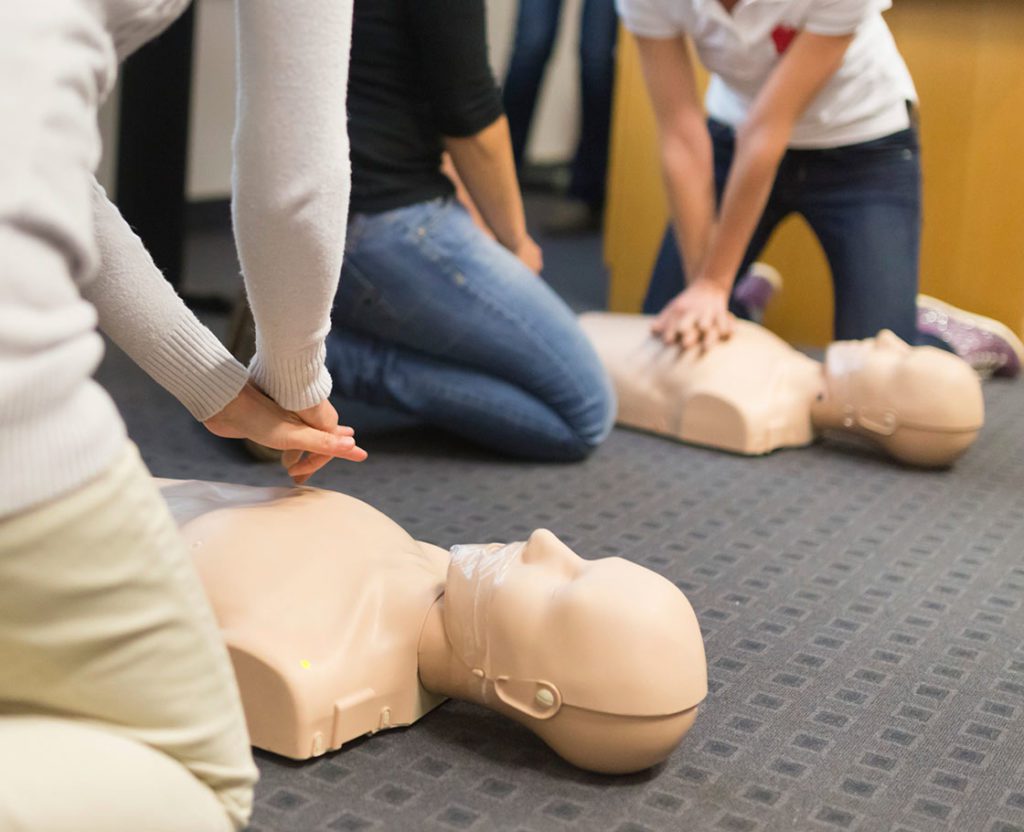About Extended Education and Workforce Development
Extended Education and Workforce Development participation offers innovative programs and services tailored for individuals and communities beyond the traditional academic setting. These programs focus on equipping learners with practical knowledge and skills that enhance both personal and professional growth. Designed to meet the needs of those unable to attend conventional on-campus programs, our offerings provide flexible learning options, including online courses, summits, conferences, workshops, and more.
Our office helps in the following ways:
- Works collaboratively within organizations, individuals or entities outside the academic community.
- Provide extended education programming to work with and train teachers in a K-12 school, facilitate programs for a non-profit or corporation, deliver research-based training to a governmental agency or work hand in hand with community members to obtain knowledge in a desired skill set.
- Delivers expert researchers and subject matter experts delivering courses and programs within their disciplinary expertise while creating partnerships within the community.
Initiate an Extended Education Activity!
Community members who are interested in exploring a professional discipline, skill, craft or hobby may explore engaging in an Extended Education Activity.
What can Extended Education programs do for you?

Extended education programs are educational opportunities offered to individuals interested in taking an adult education course for personal enrichment or professional development. Courses are offered in a wide range of interest areas, including computer applications, graphics applications, web design, professional development, accounting, business applications, foreign languages, personal enrichment, hobbies, and many more.
If you already have a degree, you may take extended education courses to enhance your skills or for career advancement. Tarleton State University’s extended education offers flexible and cost-effective options that encompass everything from programs in creative writing to intensive certificate programs such as medical billing and coding.
What is the difference between Extended Education and Professional Development?

Picking up a new hobby is fun, and extended education courses can also improve your skills at work and home. Studies are now showing that investing time into the arts sparks areas of the brain that improve cognitive skills such as memory and concentration. Did you know that learning how to play the violin or learning a new language, or taking a cooking class at your local community center or college could uncover a hidden talent?
Professional development refers to the process of identifying goals and learning new skills to help a person grow and succeed at work. The professional world is becoming increasingly competitive and is constantly changing, so professional development and continual learning is more important than ever in being successful and achieving career goals. Take advantage of professional development to expand your knowledge base, boost your confidence and credibility and increase earning potential and hireability.
What is the difference between a certificate program and a certification?

Certificate Programs are generally non-degree programs that are shorter, more flexible and generally more affordable than degree programs. They are geared towards those who are looking for short-term training leading to immediate employment.
Certification Programs are an efficient, fast-paced academic program that focuses on teaching a career-specific or industry-specific skill set. Certification programs may carry credits and may be prerequisites for licensure.